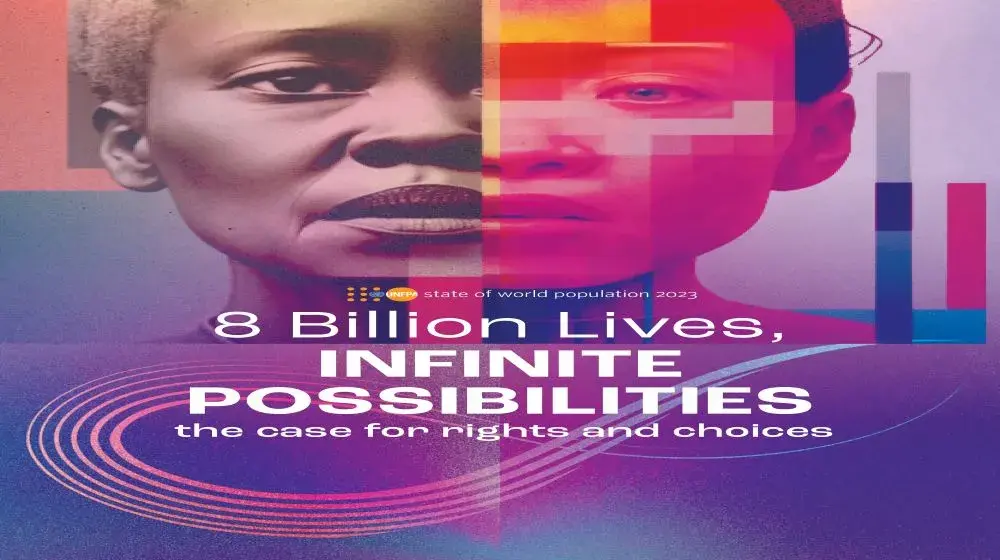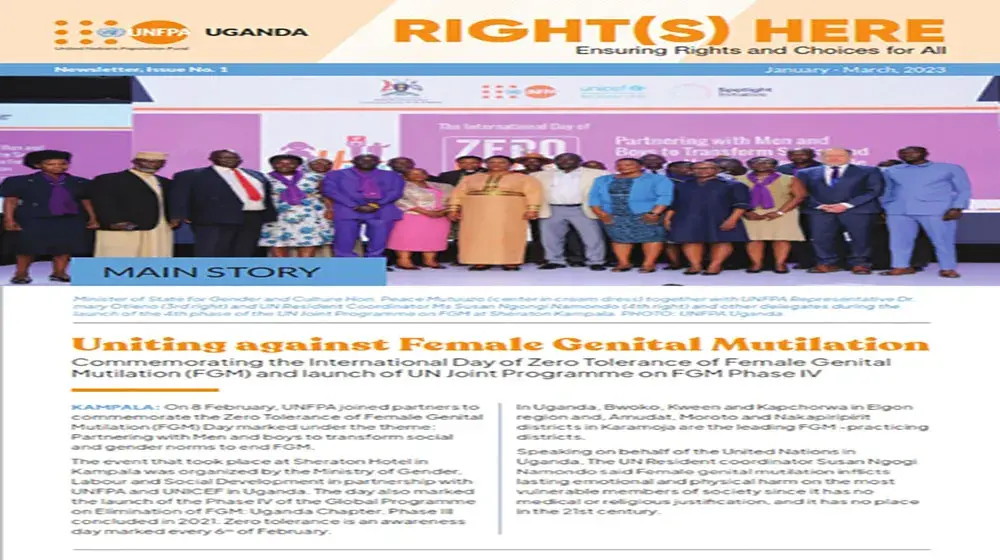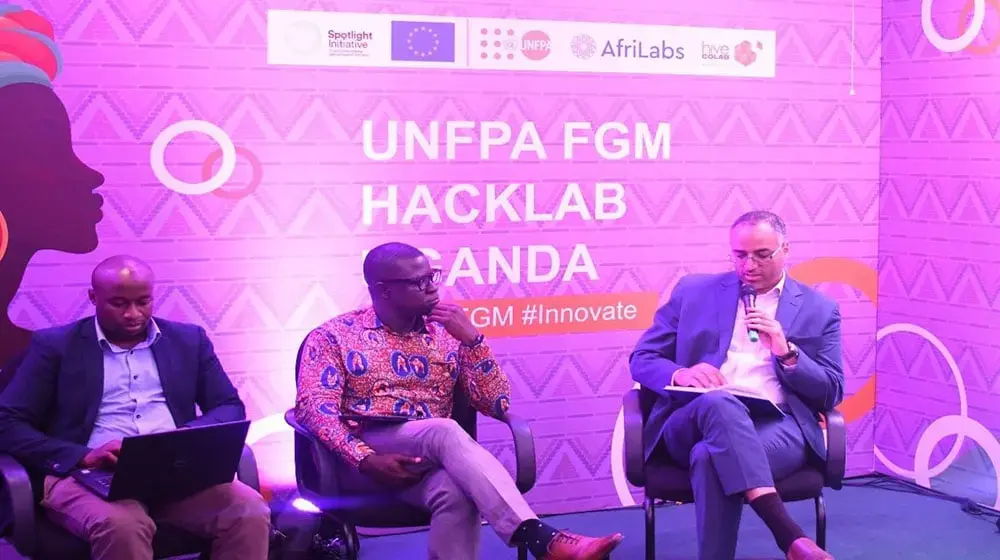About 50 percent of girls in Uganda report missing one to three days of primary school per month because of menstruation. This translates into a loss of eight to 24 school days per year. The subject of menstruation, is often treated as taboo, and has many negative attitudes associated with it, including the idea that menstruating women and girls are ‘dirty’ and ‘impure’.
Jamila Mayanja is trying to address this problem as part of her bigger dream of empowering under privileged girls. Through her organisation, the Smart Girls Foundation, Jamila is helping girls in rural areas to manage their menstruation needs by providing reusable pads and training girls to make the pads themselves.
“It has always been my lifelong dream to work with girls, empower them and lift them up,” she says.
Rising from tragedy
While in high school, Jamila lost her mother to AIDS. “My mother experienced gender based violence and abandonment. Witnessing her struggle to take care of herself was difficult, but it gave me the push to fight for women and girls’ rights. I created a club in my school to create awareness about HIV through music, dance and drama,” she says.
That was the beginning of Jamila’s work empowering girls.
Smart Girls: Focus on menstruation hygiene
Lack of a safe space, or the ability to manage menstrual hygiene as well as a lack of medication to treat menstruation-related pain can all contribute to higher rates of school absenteeism and poor educational outcomes. Studies have confirmed that when girls are unable to adequately manage menstruation in school, their school attendance and performance suffer.
In 2010, Jamila came up with the idea of Smart Girls to support girls who were struggling to access menstrual hygiene supplies. She started the “Father-Daughter Dance” fundraising event and used half of the proceeds from the first event in 2013 to buy sanitary towels for girls in Iganga district.
“I started my periods really young; in primary four. Our house-help gave me toilet paper to use; I stained my dress at school and some boys laughed at and teased me. Later on I met several girls that had gone through the same situation and even worse,” she says, explaining her decision to focus on helping girls navigate their menstrual periods.
Falling on hard times…and connecting with UNFPA

In addition to Smart Pads, Jamila was also running a door- to- door laundry business. The business enabled Jamila to qualify for the YALI (Young African Leaders Initiative fellowship) in the United States. Her participation in YALI brought Jamila fame but at the same time, her business was crumbling. “The girls I had trained were unemployed and not self-reliant; life became difficult for me between 2016 and 2017. I felt like giving up on my work on menstrual hygiene,” she says.
In 2018, Jamila heard about UNFPA’s work with young people including providing an innovations space, the I-café, to enable them develop and share ideas. She began to meet with fellow young entrepreneurs and share ideas on how to sustain their businesses. She also participated in Learn from UNFPA , a platform that brings together young people with an interest in social enterprise and leadership. Here, young people are linked with UNFPA Uganda staff who offer training and mentorship to empower them to manage their enterprises and organisations.
“My passion for helping girls and women was re-ignited. I also picked up some tips on how to organise my business and balance that with making pads accessible to girls,” she says.
Along the way, UNFPA held a global innovation crowdsourcing challenge in partnership with OpenIDEO, focusing on youth sexual and reproductive health. Jamila decided to submit her idea on menstrual hygiene, which she had now refined, to SmartBags4Girls. She was successful and received a grant of USD 50,000 (187,500,000 shillings) to produce the bags. She also receives technical support and mentorship from UNFPA to manage the process of producing the bags and handle their distribution.
“Addressing the menstrual hygiene needs of women and girls is part of our work at UNFPA to deliver an integrated package of rights to women and girls in Uganda. It is important that we address the myths and taboos around menstruation within the framework of social change initiatives such as the SmartBags4Girls which are led by Uganda’s young people,” says UNFPA Representative Mr. Alain Sibenaler.
SmartBags4Girls is a special menstrual kit in the form of a backpack that consists of reusable pads, a calendar and illustrated sexual and reproductive health information including tips for girls on how to keep themselves clean during their period. The bag is designed in such a way as to ensure an eco-friendly, practical and fashionable way for girls to carry their menstrual supplies to and from school as well as in and out of the washroom.
The Smart Bag comes with a kit and startup material to make reusable sanitary pads. During the distribution, the girls are trained on how make the pads on their own. To reach out to even more girls, Smart Girls has also designed a premium menstrual kit to serve the same purpose at a small fee for those who can afford it. To date Smart Girls has supplied bags to 300 girls in the districts of Wakiso, Mukono and Luwero. By the end of 2019, it is planned; more than 5,000 bags will be distributed to girls in east and central regions of the country.
“I advise young people to follow their passion and believe they can make it. They should not under look any idea because that idea that seems small now can turn out to be great in future. I never knew that Smart Girls Foundation would grow into such a big organization but here I am today, having achieved my dream of supporting young girls,” Jamila says.
By Victoria Aarakit and Martha Songa





